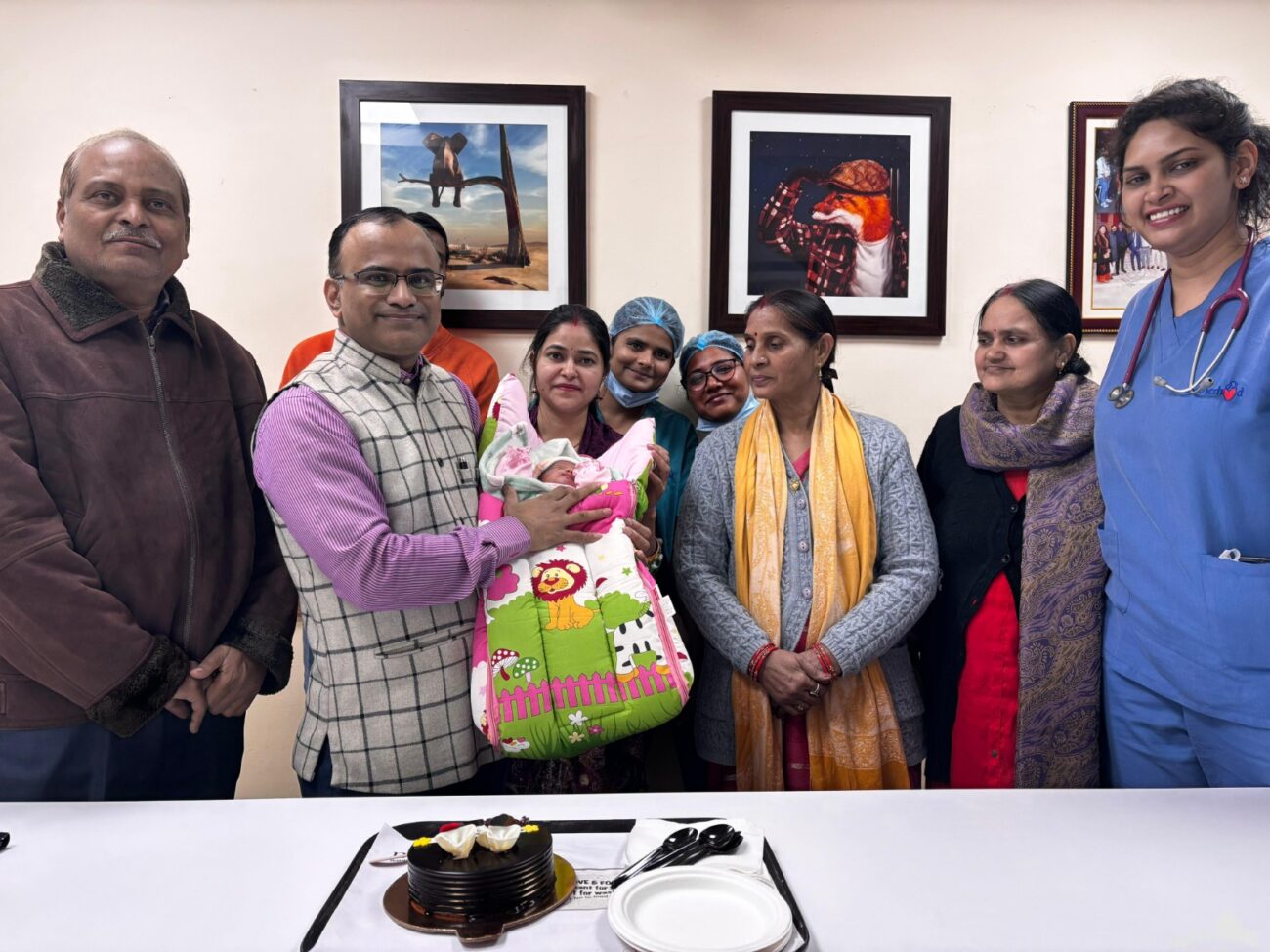Dr. Monica Chahar, Chief Dermatologist & Director- Skin Décor, New Delhi
Chickenpox in motherhood: A dermatologist’s perspective Chickenpox, also known as varicella, is a common viral infection that typically affects children. However, adults can also contract the virus, and it can be particularly concerning for women who

Chickenpox in motherhood: A dermatologist’s perspective
Chickenpox, also known as varicella, is a common viral infection that typically affects children. However, adults can also contract the virus, and it can be particularly concerning for women who are pregnant or have recently given birth. While the illness is relatively mild in children, it can be much more serious in adults, especially in pregnant women.
As a dermatologist, Dr. Monica Chahar explains in detail the impact that chickenpox can have on women during pregnancy and after giving birth.
Firstly, it’s important to understand how chickenpox is transmitted. The virus is highly contagious and is spread through direct contact with an infected person’s respiratory secretions, such as coughing or sneezing, or through contact with the fluid from their blisters. This means that pregnant women who have not had chickenpox before and come into contact with someone who is infected with the virus are at risk of developing the infection themselves. The viral infection can cause a host of problems for the mother and baby. In the early stages of pregnancy, chickenpox can increase the risk of miscarriage or stillbirth. Later in pregnancy, particularly in the third trimester, it can cause a range of complications, including premature birth, pneumonia, and in some cases, even death.
As a dermatologist, my role in managing chickenpox in pregnant women is primarily focused on preventing complications and managing the symptoms of the infection. If a pregnant woman is diagnosed with chickenpox, it’s important to monitor her closely and provide appropriate care to reduce the risk of complications. Thus may include the use of antiviral medications and other supportive measures. One of the primary concerns when managing chickenpox in pregnant women is the risk of pneumonia. This can be a serious complication that can be difficult to manage, particularly in pregnant women who may have compromised immune systems. If a woman develops symptoms such as coughing, shortness of breath, or chest pain, it’s important to seek medical attention immediately.
In addition to managing the symptoms of chickenpox, it’s also important to take steps to prevent the spread of the infection. This can be challenging, as the virus is highly contagious and can be spread by people who are not yet showing symptoms. However, basic precautions such as washing your hands regularly, avoiding close contact with people who are sick, and wearing a mask can help to reduce the risk of transmission.
If a pregnant woman is diagnosed with chickenpox, it’s also important to monitor the health of her unborn baby closely. This may involve regular ultrasounds and other tests to ensure that the baby is developing normally and that there are no signs of complications. For women who have recently given birth, chickenpox can also be challenging. It can be difficult to care for a newborn while also managing the symptoms of the infection, which can include fever, fatigue, and a rash that can be incredibly uncomfortable.
Management of chickenpox in women who have recently given birth is focused primarily on managing the symptoms of the infection and preventing complications. This may involve prescribing antiviral medication to reduce the severity of the illness, as well as providing advice on how to manage the symptoms of the rash and prevent the spread of the infection to others.
In conclusion, chickenpox can be a serious concern for women during pregnancy and after giving birth. Managing chickenpox in these patients is focused primarily on preventing complications and managing the symptoms of the infection. With appropriate care and management, the majority of women who contract chickenpox during pregnancy or after giving birth are able to make a full recovery and deliver healthy babies.






